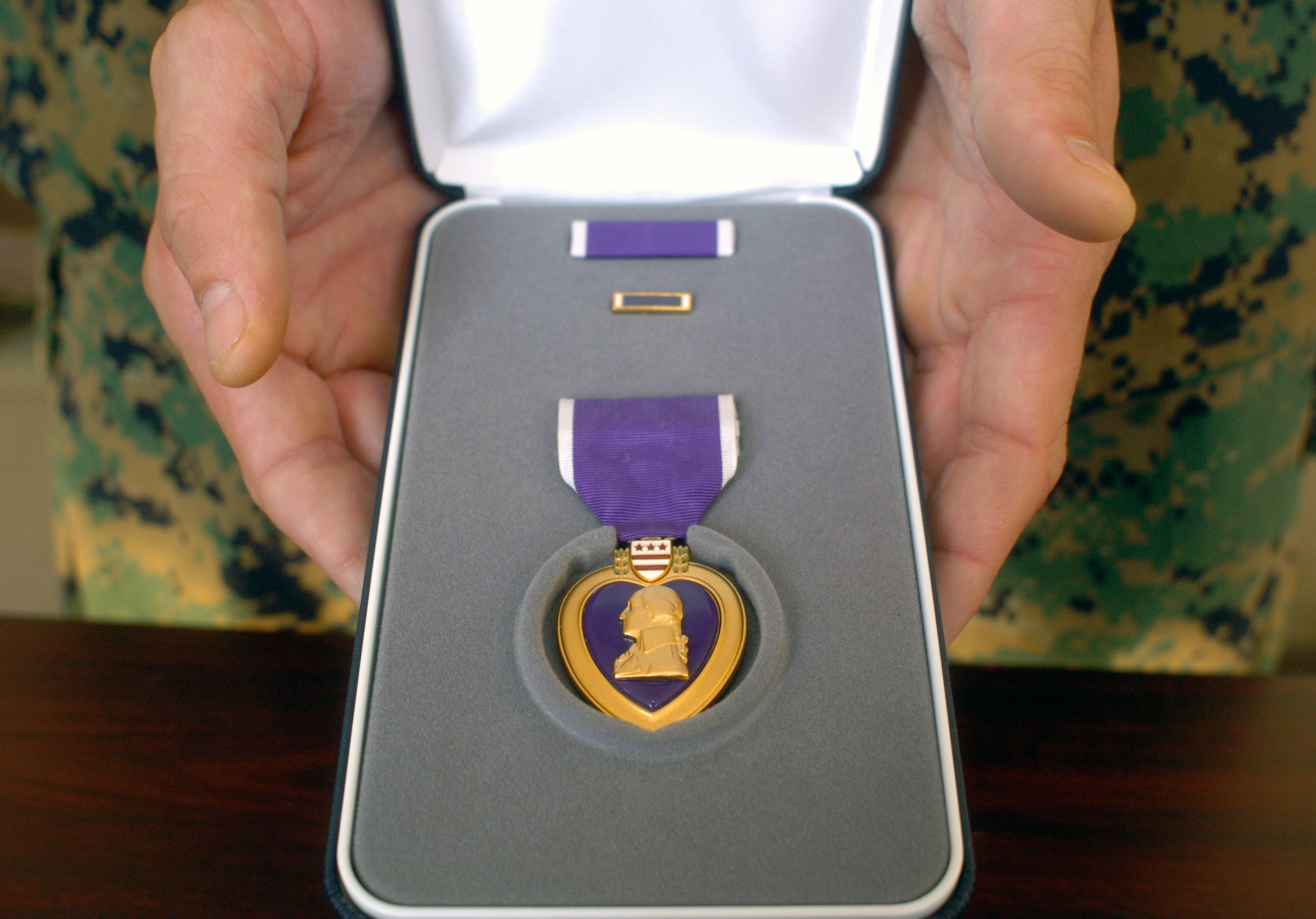
An 11-judge panel of the U.S. 9th Circuit Court of Appeals was persuaded by a former Marine to overturn his conviction for violating the Stolen Valor Act after he wore several unearned military medals, saying the action could convey a message and is protected by the First Amendment.
Signed into law by former President George W. Bush in 2006, the Stolen Valor Act made it a misdemeanor to falsely claim military service and honors. The law was overturned in 2012 by the U.S. Supreme Court on the grounds that it violated freedom of speech.
During this paticular Stolen Valor case, which began in 2007, Elven Swisher was shown in photographs wearing a myriad of different military medals and awards including the Silver Star, Navy and Marine Corps Ribbon, Purple Heart, and the Navy and Marine Corps Commendation Medal with a Bronze “V.”
Congress later passed a new law in 2013 making it a federal crime to financially profit from fraudulent claims of military service and honors.
Isn’t it odd that felonious impersonation of a police officer can lead to up to five years in prison, yet muddying the honor and distinction of our nation’s greatest heroes is not only condoned, but protected?
While it can be argued that veterans don’t wield the same authority as that of a police officer, where do we draw the line as a society when it comes to sullying the selfless courage and sacrifice that every enlisted man or woman gives to our nation? When will we stand up and collectively call out, shame and subsequently punish those who would hope to benefit by any measure, personally or financially, from pretending to have the strength and honor of our soldiers?
For an idea of what Stolen Valor looks and sounds like, watch an investigative reporter oust and shame a man for claiming to be a Navy SEAL with a Purple Heart:
